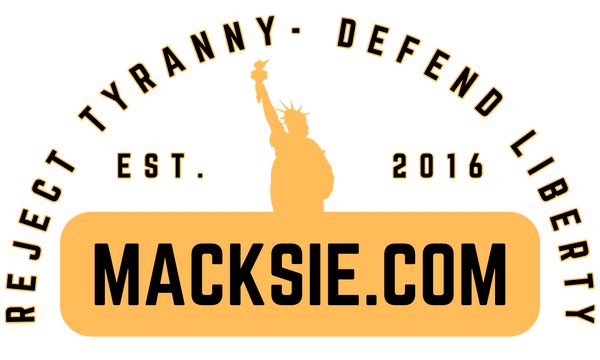Socialism and communism have been some of the most discussed ideologies in recent history. While some people believe that these economic systems offer a path to a more equal and just society, others argue that they have been responsible for some of the worst atrocities and human suffering in modern history. In this article, we will explore the reasons why socialism and communism are evil and why they must be rejected in favor of a free-market economy.
First and foremost, socialism and communism are based on the idea of the collective ownership of property and resources. This means that the government controls all the resources and distributes them among the people according to their needs. While this might sound like a good idea in theory, in practice, it has led to massive inefficiencies, lack of innovation, and widespread poverty.
One of the most significant evils of socialism and communism is the lack of incentives for people to work hard and be productive. In these systems, everyone receives the same amount of compensation regardless of their effort, skills, or productivity. This means that there is no reward for being innovative, working hard, or taking risks. Consequently, people tend to become complacent and unproductive, leading to a stagnant and uncompetitive economy.
Another major problem with socialism and communism is that they give too much power to the government. In a socialist or communist society, the government controls everything, including the economy, the media, the judiciary, and even people's private lives. This concentration of power in the hands of a few individuals often leads to corruption, nepotism, and abuse of power. History has shown that socialist and communist regimes have been some of the most repressive and authoritarian regimes in the world, where individual rights and freedoms are trampled upon in the name of the "greater good."
Moreover, socialist and communist economies often suffer from severe shortages of goods and services. Since the government controls everything, there is little incentive to produce more or to innovate. As a result, people often have to wait in long lines for basic necessities, such as food, clothing, and healthcare. This scarcity, in turn, leads to a thriving black market where people have to pay exorbitant prices for essential goods.
In addition to the economic and political problems, socialism and communism also have significant moral issues. These systems are based on the idea that the collective is more important than the individual. This means that individual rights and freedoms are often sacrificed for the benefit of the state. In a communist society, for example, people are not allowed to own property or to speak their minds freely. Instead, they are expected to toe the party line and do what the government tells them to do.
In conclusion, socialism and communism are not only inefficient and unproductive economic systems but also morally and politically bankrupt ideologies. They have been responsible for some of the worst atrocities and human suffering in modern history, including the Soviet Gulags, Mao's Cultural Revolution, and the current humanitarian crisis in Venezuela. Instead of embracing these failed and evil ideologies, we should promote the principles of individual freedom, free-market capitalism, and limited government. Only by doing so can we create a society that is prosperous, free, and just for all.









